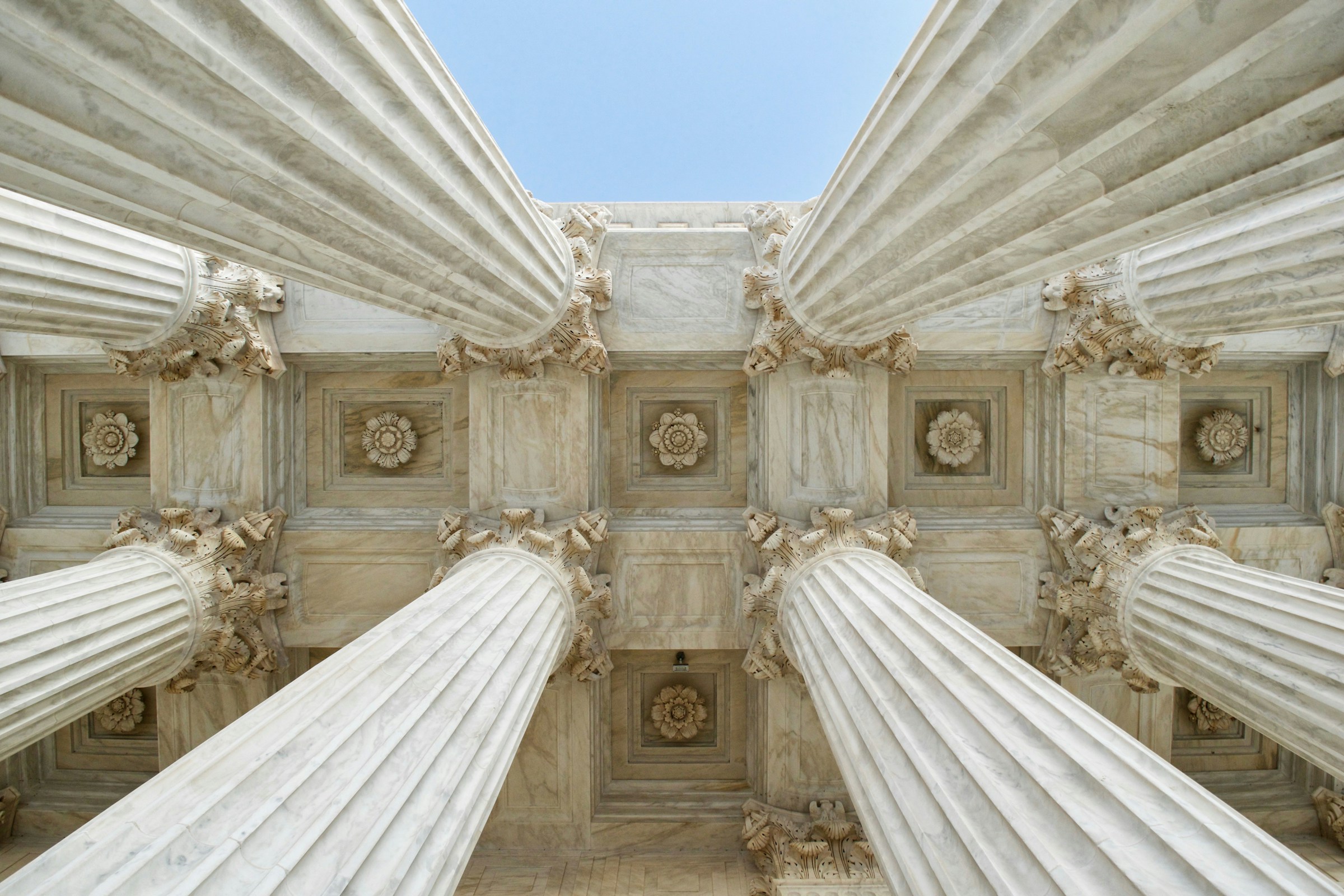Lawyers ask Supreme Court to allow transgender boy to use boys’ bathroom


Lawyers for a 14-year-old transgender boy on Friday urged the Supreme Court to leave in place a ruling by a federal appeals court that requires a South Carolina school district to allow the student to use the boys’ bathroom for now. The teen, known only as John Doe, is challenging a state law that requires students to use the bathrooms that correspond to their biological sex “at the time of birth.” Lawyers for the teen emphasized that the order by the U.S. Court of Appeals for the 4th Circuit is a narrow one that “only applies to John” and “does not otherwise prohibit the government from continuing to enforce its state-wide ban on transgender students’ use of public school restrooms while John’s appeal proceeds at the Fourth Circuit.”
South Carolina first enacted the law in its 2024-25 budget appropriations bill, and then again in its 2025-26 bill. School districts that do not comply with the ban face the loss of 25% of the state funds allocated to them.
During the 2024-25 school year, Doe, then in eighth grade, was suspended for a day for using the boys’ bathroom, and school officials said Doe could potentially be expelled by continuing to do so. Doe’s parents pulled him out of in-person school, using online school options instead. But the family decided that Doe should return to in-person school for the 2025-26 school year, which began on Aug. 13.
In his lawsuit, Doe alleged that the state law violates federal civil rights laws prohibiting gender discrimination in educational programs that receive federal funding, as well as the Constitution’s equal protection clause, which generally requires the government to treat similarly situated people the same.
A federal district court put the case on hold after the Supreme Court agreed to review the 4th Circuit’s decision in West Virginia v. B.P.J., which struck down a state law barring transgender girls from participating on girls’ sports teams because it discriminated “on the basis of sex.”
Doe asked the 4th Circuit to allow his case to move forward and to order the school district to allow him to use the boys’ bathroom while litigation continued, and the court of appeals agreed. It pointed to the 4th Circuit’s 2020 decision in Grimm v. Gloucester County School Board, in which it held that a Virginia school district’s refusal to allow a transgender boy to use the boys’ bathroom violated both federal law and the Constitution. The school board policy in Grimm, the court noted in Doe’s case, “was in all material respects identical to” South Carolina’s law.
The state came to the Supreme Court last week, asking the justices to intervene. “In recent years,” the state wrote, “a growing judicial consensus has recognized that this practice of ‘separating school bathrooms based on biological sex passes constitutional muster and comports with Title IX.’” Calling the 4th Circuit’s decision in Grimm a “discredited outlier” that “should (and may soon) be overturned,” the state argued that in its recent decision in United States v. Skrmetti, in which the court upheld Tennessee’s ban on certain medical treatments for transgender teens, the court applied a less stringent standard of review than the 4th Circuit in Grimm and “rejected Grimm’s view of discrimination ‘on the basis of sex.’” And the state warned that unless the Supreme Court steps in, South Carolina – along with the school district and students – will “suffer[] actual, ongoing, material harms.”
In a 40-page filing, Doe’s lawyers stressed that the government’s “application for emergency relief concerns one ninth-grader’s restroom use.” Because South Carolina can enforce the law everywhere else in the state, they wrote, “[t]hat is hardly an emergency warranting a stay from this Court, an extraordinary intervention in an ongoing appeal.” They noted that South Carolina had been “unable to identify a single concrete injury it would suffer” if the Supreme Court did not intervene – often a key criterion for the justices in deciding whether to grant emergency relief. “By contrast,” they continued, “John desperately needs the Fourth Circuit’s injunction ‘to perform a basic bodily function at school without the state’s interference.’”
Doe’s lawyers pushed back against South Carolina’s suggestion that Skrmetti “ensures its success.” Skrmetti, they contended, “does not speak to the questions” in Doe’s case. “The appeals courts are in agreement that a ban like” South Carolina’s “classifies based on sex, and the government cannot show in this posture and on this record that this law will survive heightened scrutiny.”
Posted in Emergency appeals and applications, Featured
Cases: South Carolina v. Doe
